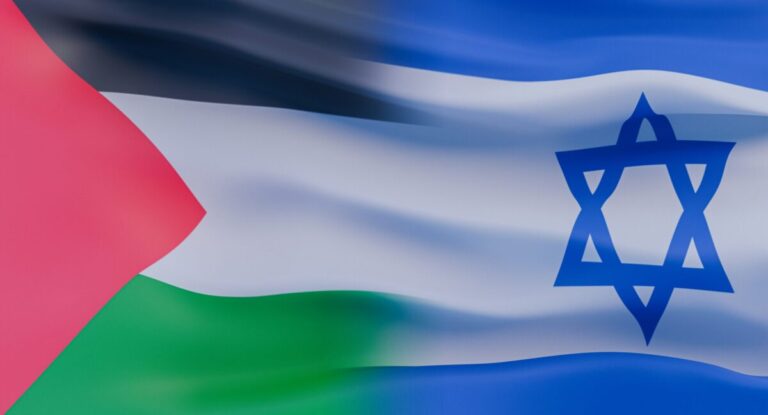On January 17, 2025, Israel’s war cabinet convened an urgent meeting to assess the ongoing military operations in Gaza. Despite previous attempts to broker a ceasefire, Israeli forces have continued their aggressive airstrikes and ground assaults across the Gaza Strip, resulting in significant casualties on both sides. Over the past week alone, more than 200 Palestinians and at least 50 Israelis have lost their lives, underscoring the devastating toll that the conflict is taking on both populations.
Escalation of Violence
The violence has sharply escalated in recent days, particularly after Hamas launched a series of rocket attacks on southern Israel in retaliation for Israeli airstrikes. These rockets targeted civilian areas, including schools and hospitals, further amplifying the already dire humanitarian crisis in Gaza. In response, Israel intensified its military operations, focusing on Hamas military infrastructure and key leaders. The escalation of violence has only worsened the situation, with civilians on both sides caught in the crossfire.
Gaza’s residents, already living under constant siege, have faced mounting difficulties as essential services collapse under the strain of the conflict. The constant bombardment has destroyed much of the region’s infrastructure, including hospitals, schools, and power plants, leaving many without access to the most basic needs.
International Calls for Ceasefire
The violence has sparked widespread international condemnation. World leaders, including those from the United Nations and the European Union, have called for an immediate ceasefire to prevent further loss of life and to allow vital humanitarian assistance to reach those trapped in the region. Humanitarian organizations have echoed these calls, stressing the urgent need for medical supplies, food, and clean water, which are in dangerously short supply in Gaza.
Human rights organizations have raised alarm over the increasingly dire conditions in Gaza. The destruction of infrastructure, combined with ongoing blockades and restrictions, has left the population vulnerable and struggling to survive. Hospitals are overwhelmed with casualties, and the lack of essential medical supplies has further compounded the crisis. With no electricity and limited access to food or clean water, residents are enduring unbearable conditions.
A Call for Diplomacy and Peace
Despite calls from the international community for renewed negotiations, the possibility of an immediate ceasefire remains uncertain. The deep-rooted political and territorial issues that fuel the Israeli-Palestinian conflict present significant barriers to any peace agreement. Many experts warn that without a breakthrough in diplomatic efforts, the situation could spiral into a more prolonged and devastating conflict, resulting in even greater suffering and further destabilization in the region.
The complexities of the conflict, which are deeply tied to historical, political, and territorial grievances, make finding a lasting solution incredibly challenging. Previous ceasefire attempts have faltered, and both sides remain entrenched in their positions, making progress difficult.
The Role of International Mediators
As the violence continues, the role of international mediators and peacekeepers has become increasingly critical. The ongoing lack of progress in ceasefire negotiations highlights the need for sustained diplomatic efforts to de-escalate tensions. Regional powers, along with international organizations like the UN, must work tirelessly to bring both sides to the table and push for a long-term resolution to the Israeli-Palestinian conflict.
The international community’s continued involvement in facilitating negotiations will be key to mitigating further bloodshed. Diplomatic efforts must be intensified to address the humanitarian crisis and to ensure that basic human rights are upheld, regardless of the political realities on the ground.
The Path Forward: A Fragile Hope for Peace
The continued violence in Gaza and southern Israel presents a grim reality for the people caught in the conflict. With civilians on both sides suffering the most, the urgent need for a ceasefire and humanitarian aid is evident. However, the road to peace remains fraught with obstacles, and the deep political divides must be addressed through sustained dialogue and negotiation.
As the violence rages on, the prospect of peace remains elusive, but international efforts must persist to de-escalate tensions, provide immediate relief to those in need, and work toward a lasting resolution to the Israeli-Palestinian conflict. Without such efforts, the region risks falling deeper into a cycle of violence that continues to devastate both Palestinian and Israeli populations.


